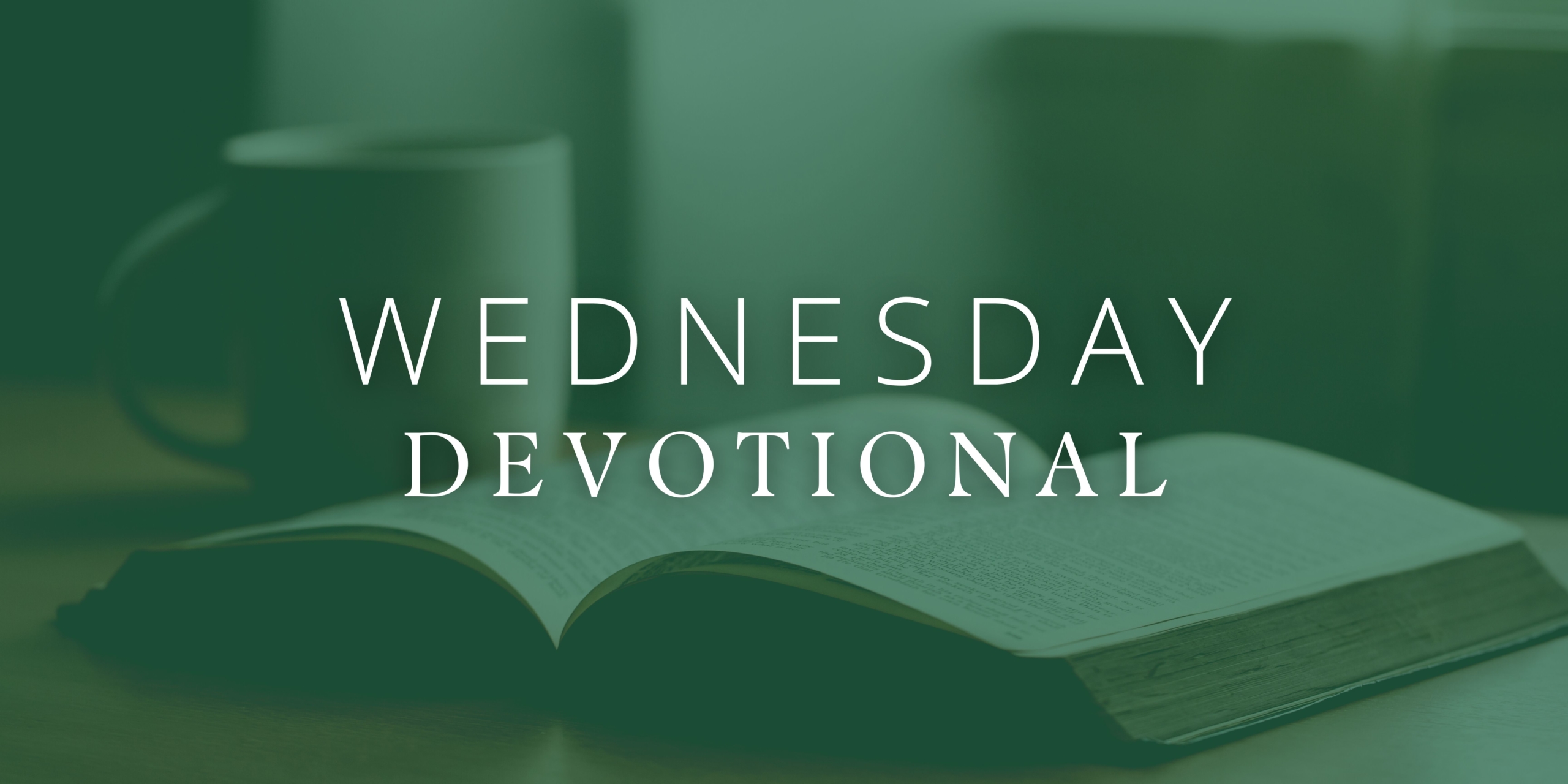“For I know that my redeemer lives” – Job 19:25 (The soprano sings this verse in the third movement.)
Written by Rev. Brandon Durán
On this day in 1741, George Frederic Handel completed his masterpiece, Messiah. The work premiered less than a year later in Dublin in April of 1742. Handel intended Messiah to be sung during the Lent and the Easter seasons. The Victorians later moved it to Christmas in order to revive interest in what had been a neglected holiday.
This Christmas, we are excited to welcome back a treasured Central Union tradition. The music ministry of Central Union plans to once again bless the community with a Messiah concert. As Messiah will be returning to Central Union, I thought it might be a good time to look again at the history of this renowned piece.
In 1737, Handel’s opera company went bankrupt. At this time, his first oratorio was met with controversy. Handel was struggling. During this time, he was met with two invitations.
First, a friend had written an opera text based upon the life of Christ and the redemption Christ brings. At around the same time a group of Dublin charities asked Handel to compose a work for a benefit concert.
Handel, deeply in debt, said yes to the invitations before him and composed Messiah at an amazing pace. In 24 days, Handel composed 260 pages of music. Miles Hoffman, an NPR music commentator, estimates that there are roughly a quarter of a million notes in Messiah. By Hoffman’s calculations, Handel would have had to average a writing speed of 15 notes a minute.
When Messiah premiered in Dublin it raised enough money to free 142 people from debtor’s prison.
“Forgive us of our debts, as we forgive our debtors.”
This year, as we return to a treasured in-person Christmas tradition, perhaps Central Union can find a way to set people free with Handel’s Messiah.






